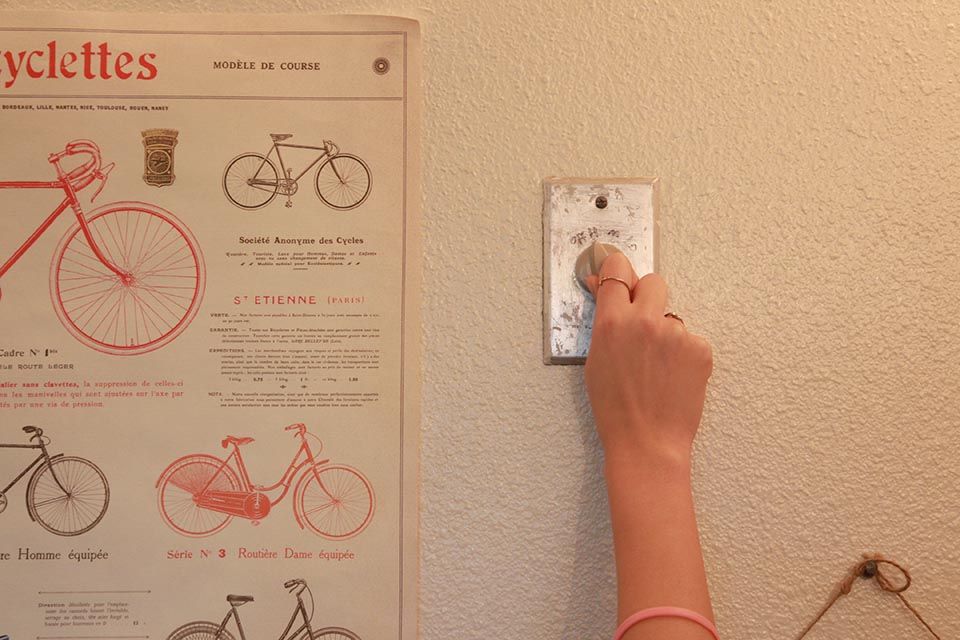As a student who works for Biola’s residential facilities, I have noticed many students, especially during warmer temperatures, use air conditioning even when their room is left unoccupied. The incentive to use air conditioning naturally increases when the financial cost of paying for utilities does not exist. Students who live in Biola housing should be more mindful of their use of both water and air conditioning and the need for wider changes in our nation’s energy infrastructure.
be more mindful about our consumption of electricity
Residents of older dorm buildings such as Stewart and Sigma Hall have access to older air conditioning units, unlike the automatic AC units in new buildings such as Blackstone Hall that automatically turn off when the resident opens their window. As a former resident of Hart and current resident of Thompson Hall, I am very familiar with the growing propensity to use the air conditioning unit compared to when I lived at home, where I was more parsimonious and mindful about my electricity consumption choices. Because Christian tradition demands us all to properly steward the environment, it is only natural for us to be more mindful about our consumption of electricity — particularly the use of air conditioning.
Air conditioning contributes to climate change and some older units release hydrofluorocarbons which, according to The Guardian, is “thousands of times more potent than carbon dioxide.” This, however, does not mean that not using air conditioning will have a significant impact on the direction of climate change. An article by The Economist displays all the positive economic, social and even political impacts of this revolutionary invention now extremely commonplace in western countries such as the United States. The aforementioned article states how air conditioning has increased the productivity rate in the workplace and has lowered the mortality rate in areas suffering from summer heatwaves.
Yes, let us be mindful of our energy consumption, especially when it comes to our personal energy consumption. However, it is important to note that the country as a whole needs to make major systems change if we are to stop global warming. Personally consuming less electricity will not stop the inevitable and ongoing consequences of climate change. The oil and natural gas industry and the meat industry continue to be two of the biggest contributors to global warming. The countless American coal miners who lost their jobs to a decreasing global demand for coal or those previously employed in the drilling business whose careers have been killed by automation can and should be retrained for the shift to cleaner-based energy production such as solar power.







